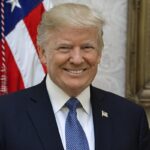
Donald J. Trump, the 45th President of the United States, served from January 20, 2017, to January 20, 2021. A businessman and television personality before entering politics, Trump was the first U.S. president without prior political or military experience. Running as a Republican, he appealed to a base frustrated with establishment politics and economic stagnation, promising to “Make America Great Again.” His presidency was marked by significant economic, foreign policy, and social developments, alongside controversies and deep polarization.
Early Life and Business Career
Donald John Trump was born on June 14, 1946, in Queens, New York City. Raised in a wealthy family, he attended the New York Military Academy before studying economics at the University of Pennsylvania’s Wharton School, graduating in 1968.
Business Career
Trump joined his father’s real estate business, rebranding it as the Trump Organization. Over the decades, he built a global brand through luxury real estate, hotels, casinos, and golf courses. His name became synonymous with opulence and high-profile deals, though his business ventures were not without controversy, including multiple bankruptcies.
Media Presence
Trump gained national fame as the host of The Apprentice, a reality television show that aired from 2004 to 2015. This platform bolstered his public persona as a successful businessman and tough negotiator.
Entry into Politics
Trump announced his candidacy for the presidency in June 2015, running on an “outsider” platform that rejected traditional political norms. His campaign focused on issues like immigration reform, economic nationalism, and “draining the swamp” of Washington insiders.
2016 Election
Trump’s unconventional campaign defeated a crowded field of Republican primary contenders. In the general election, he faced Democratic candidate Hillary Clinton. Despite losing the popular vote, he won the Electoral College with victories in key battleground states, securing the presidency.
Domestic Policies
Trump’s presidency focused heavily on reshaping domestic policies, often with a populist, nationalist agenda.
Economic Policy
Trump’s administration prioritized tax reform, deregulation, and economic growth.
- Tax Cuts and Jobs Act (2017): The centerpiece of his economic agenda, this legislation lowered corporate tax rates and reduced taxes for individuals, aiming to stimulate investment and economic growth.
- Economic Performance: Before the COVID-19 pandemic, the U.S. economy experienced record-low unemployment, strong stock market performance, and GDP growth.
- Trade Policies: Trump renegotiated trade deals, including replacing NAFTA with the United States-Mexico-Canada Agreement (USMCA). He also imposed tariffs on Chinese goods, citing unfair trade practices, sparking a trade war.
Immigration Reform
Trump’s immigration policies were among his most contentious.
- Border Wall: He advocated for a physical wall along the U.S.-Mexico border to curb illegal immigration. While Congress provided limited funding, portions of the wall were constructed during his term.
- Travel Ban: In 2017, Trump signed an executive order restricting travel from several predominantly Muslim countries, a policy upheld by the Supreme Court after legal challenges.
- Family Separation Policy: The administration’s “zero-tolerance” policy led to the separation of migrant families at the border, sparking widespread criticism.
Judicial Appointments
One of Trump’s lasting legacies is his influence on the federal judiciary.
- He appointed three Supreme Court justices: Neil Gorsuch, Brett Kavanaugh, and Amy Coney Barrett, solidifying a conservative majority.
- Trump also appointed more than 200 federal judges, shaping the judiciary for decades.
Foreign Policy
Trump’s foreign policy, guided by the principle of “America First,” sought to prioritize U.S. interests over multilateral commitments.
Diplomatic Relationships
Trump challenged traditional alliances and engaged directly with adversaries.
- NATO: He criticized NATO members for not meeting defense spending commitments, pressuring allies to increase contributions.
- North Korea: Trump became the first sitting U.S. president to meet with North Korean leader Kim Jong-un. While their summits drew international attention, negotiations on denuclearization ultimately stalled.
- Middle East: His administration brokered the Abraham Accords, normalizing relations between Israel and several Arab nations.
Withdrawal from Agreements
Trump withdrew the U.S. from several international agreements, arguing they were detrimental to American interests.
- Paris Climate Agreement: He cited concerns over economic impacts on the U.S. while rejecting global climate regulations.
- Iran Nuclear Deal: Trump abandoned the agreement, reinstating sanctions on Iran to pressure it into renegotiating its nuclear program.
- Trans-Pacific Partnership (TPP): He withdrew from this trade pact, favoring bilateral agreements.
Social and Cultural Policies
Trump’s presidency coincided with significant cultural shifts and political polarization.
Healthcare
While Trump campaigned on repealing and replacing the Affordable Care Act (ACA), legislative efforts failed. His administration took steps to weaken the ACA, including removing the individual mandate penalty.
Criminal Justice Reform
Trump signed the First Step Act in 2018, a bipartisan effort to reduce sentences for nonviolent offenders and improve rehabilitation programs.
Polarization and Rhetoric
Trump’s communication style, characterized by direct and often combative tweets, energized his supporters but alienated critics. His rhetoric on issues like race and immigration drew accusations of inflaming divisions.
COVID-19 Pandemic
The COVID-19 pandemic defined the final year of Trump’s presidency.
Initial Response
Trump’s administration faced criticism for its handling of the pandemic, including delays in testing and inconsistent messaging.
Economic and Healthcare Measures
- The administration signed the CARES Act, a $2 trillion stimulus package providing direct payments to Americans, expanded unemployment benefits, and support for small businesses.
- Operation Warp Speed accelerated vaccine development, leading to the approval of multiple COVID-19 vaccines by the end of 2020.
Controversies
Trump’s downplaying of the virus and skepticism about mask mandates and public health measures drew sharp criticism from health experts and political opponents.
2020 Election and Aftermath
Trump ran for reelection in 2020 against Democratic candidate Joe Biden. Despite losing both the popular vote and the Electoral College, Trump refused to concede, alleging widespread voter fraud without substantive evidence.
Capitol Riot
On January 6, 2021, a mob of Trump supporters stormed the U.S. Capitol following a rally where Trump urged them to protest the election results. The riot disrupted the certification of Biden’s victory and led to Trump’s second impeachment, making him the only president to be impeached twice.
Legacy
Trump’s presidency left an indelible mark on American politics and society.
Support and Criticism
- Supporters praise Trump for his economic policies, conservative judicial appointments, and focus on American sovereignty.
- Critics argue that his rhetoric and actions exacerbated polarization, undermined democratic norms, and damaged international alliances.
Impact on the Republican Party
Trump reshaped the Republican Party, solidifying its alignment with populist and nationalist ideals. His influence remains strong within the GOP, with many candidates embracing his platform and rhetoric.
Enduring Policy Changes
From tax reform to the judiciary, Trump’s policies will likely have long-term implications for the U.S.
Conclusion
Donald Trump’s presidency was one of the most unconventional and contentious in American history. His approach to governance, marked by disruption of political norms, resonated with millions of Americans seeking change but also deepened national divides. As a businessman-turned-politician, Trump redefined the presidency in ways that will be debated for generations. Whether viewed as a champion of American interests or a polarizing figure, his impact on the country is undeniable.
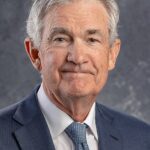
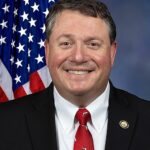
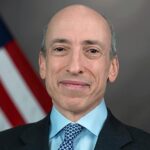

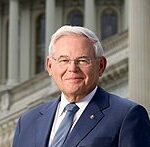
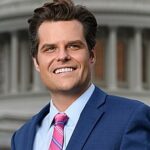
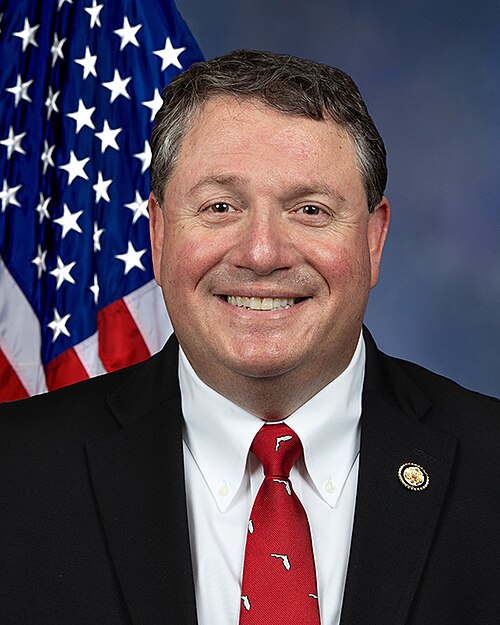
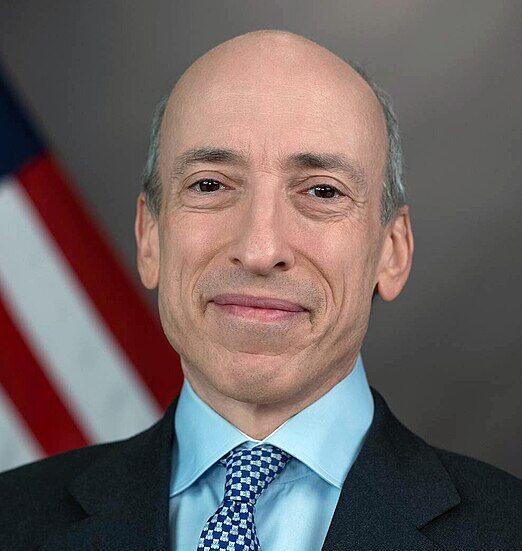
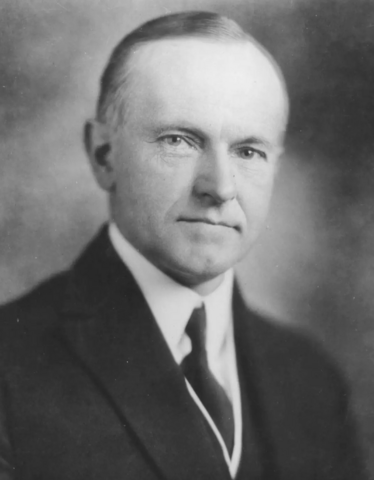
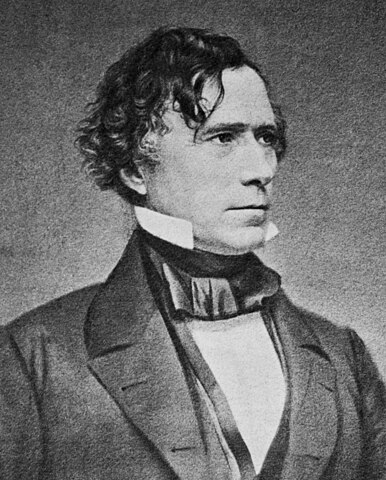
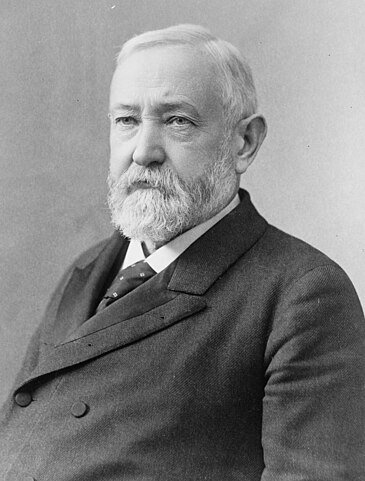
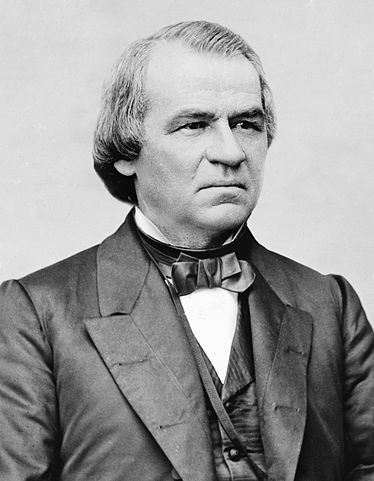
I think Donald Trump quite blunt and straight forward even might be a good candidate for the presidential election of 2016, but i think he is going over board with some of his decisions and future decisions. He is energetic and different from most of the other politician but I totally disagree with some of his decisions. His discrimination against the Muslims is totally unauthentic. I totally agree that some people did bad things and still are doing and representing themselves as Muslims but that doesn’t mean that every Muslim is bad or dangerous to the country. I know the situations are not that great and measures should be taken to stop this terrorism but banning the Muslims from US is not the solution. Going against the immigrants is not the solution. Whomever they are, Mexican, Muslims and whoever. America’s foundation is based on cultural diversity and that is one of the most important reasons is its unique and extraordinary. Taking that away would not be beneficial for the country itself.
I did not initially support Trump but what I think gives him such great appeal with the people is the fact that he is not a career politician or a politician at all for that matter that would cause alienation with citizens. Though he is at celebrity status, there is something that people can Identify with about a person who took opportunities that he were given to him and succeeded in business while also taking on numerous other ventures that would give him credibility with the everyday person. On another note, it may humble him that he does not have any political experience because if or when he makes it into office, he will need to surround himself with and listen to wise advisors to help him do his job.
I feel a sense of disgust when I see him in this election. I honestly don’t think some of the candidates really care about the everyday ” Joe” who has to go to work, struggle and deal with the next elected official knowing they wont keep their promises. Every time I see a candidate on television, especially this one, I feel like we are heading toward into a time of despair. Trump doesn’t care about helping America become great. I think it’s satirical he got this far as a presidential hopeful.
His values and ability to handle money on a personal level should prove his worth from the start, yet I fear there are those who are so far gone they will vote for him because they want to be so ” Anti- Obama” they’ll accept him.